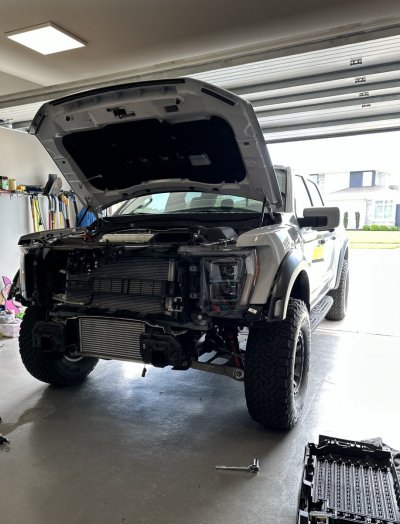MM does not apply to vehicle modifications. The term “aftermarket” in MM refers to replacement equivalent parts manufactured by someone other than the OEM. So replacement oil filters, air filters, wiper blades, etc. An example would be a consumer coming in with an engine noise concern; the dealer/manufacturer cannot deem it non-warrantable just because the oil filter is a Purolator and not an OEM. However, if they disassemble the filter and find that the media came apart, then the failure would be non-warrantable.
Aftermarket modifications are a completely different category. You’re not using an equivalent part; you’re changing the configuration of the vehicle with unknown variables. When there is a failure of a factory component or system related/attributed to the modification, it’s non-warrantable. That doesn’t mean your warranty is void, just that the specific repair is not covered.
It is not the manufacturer’s responsibility to prove that your aftermarket modification caused the failure, only that the wear or failure is attributable to the modification. You can’t expect any manufacturer to spend millions of dollars re-testing a product every time someone makes the claim that their modifications aren’t responsible for a related failure; that’s simply ridiculous. The burden of proof is on the person who modified the vehicle outside of the factory design and engineering specifications.


